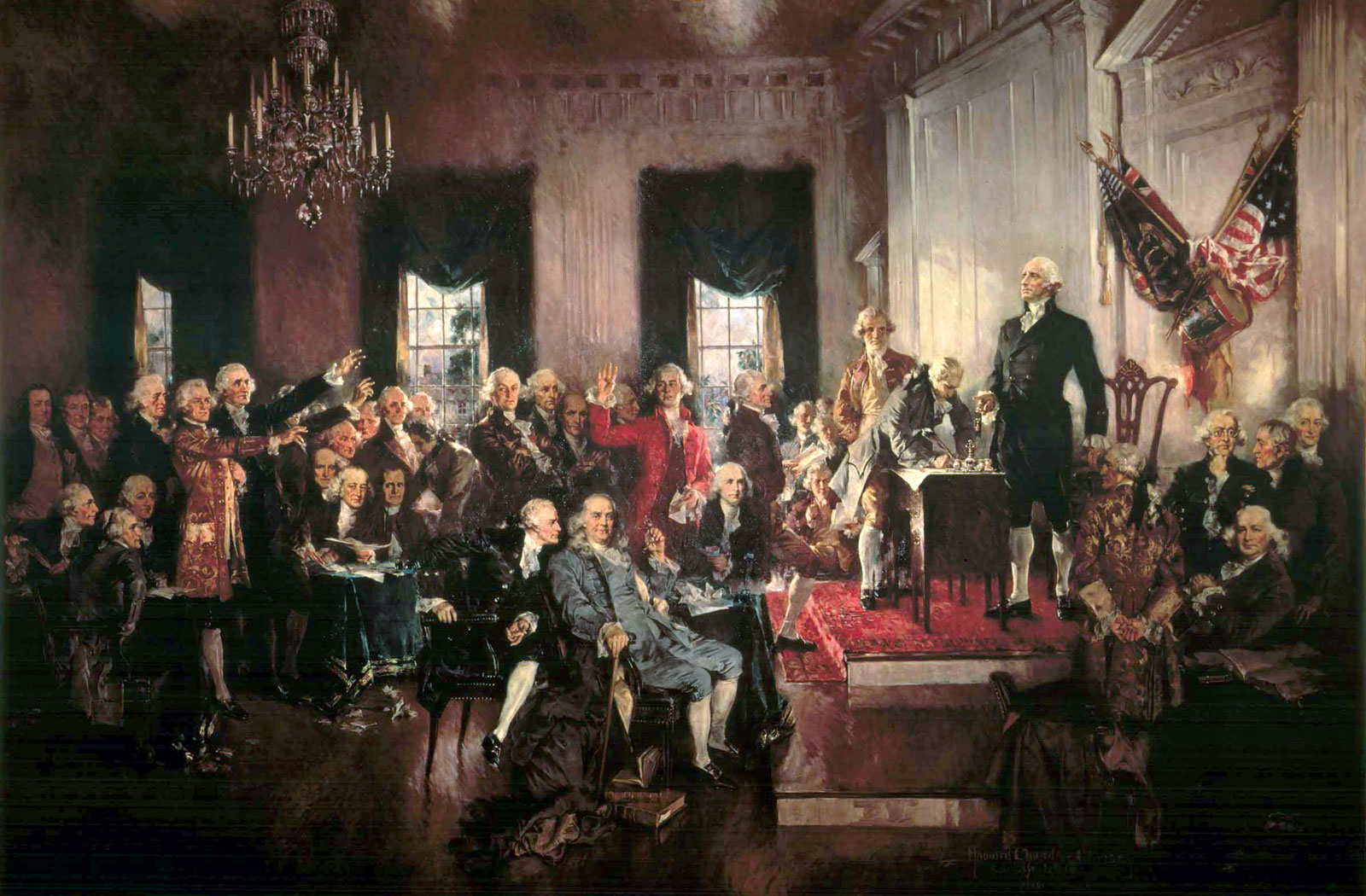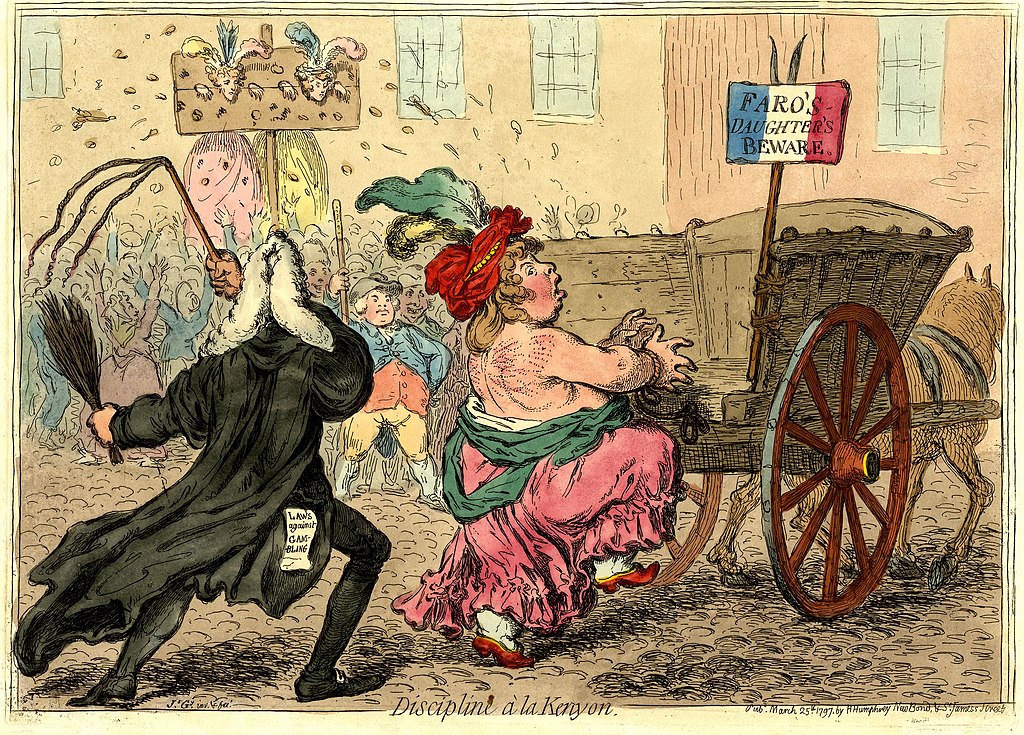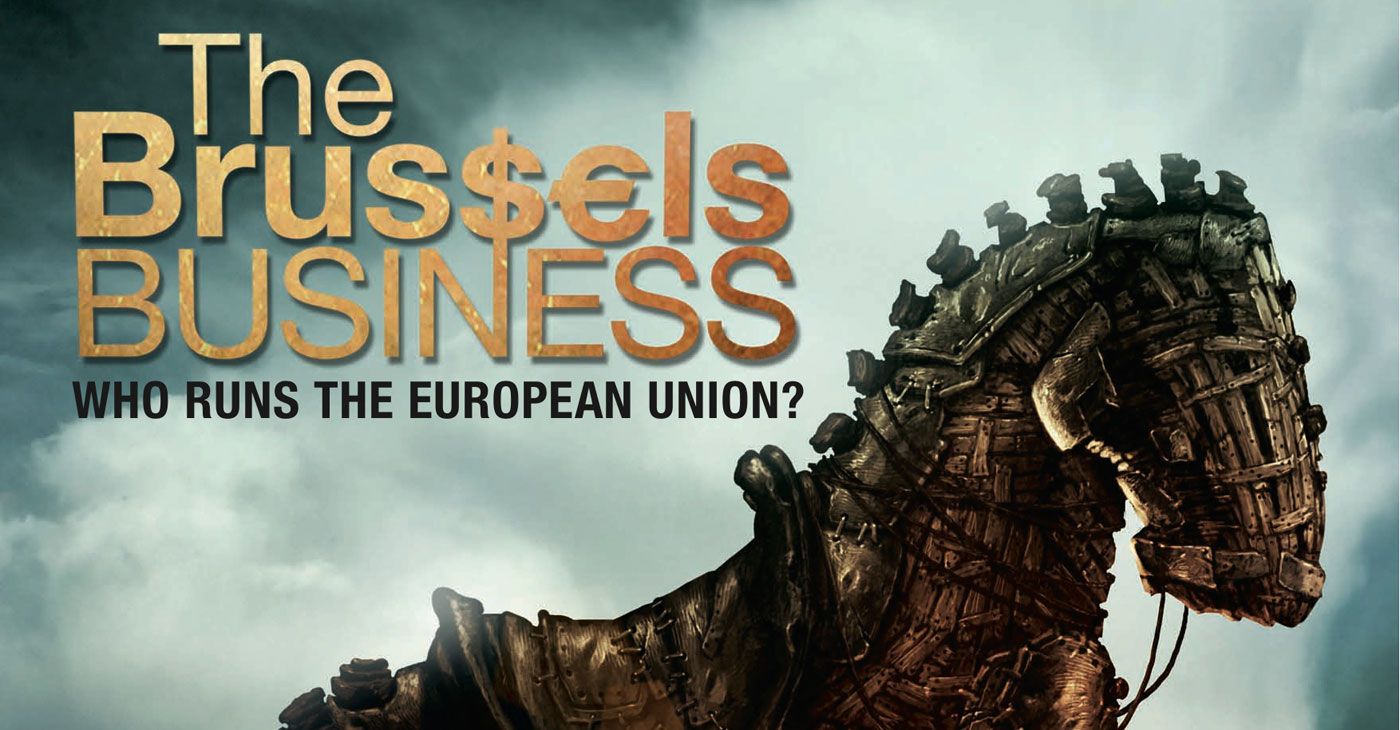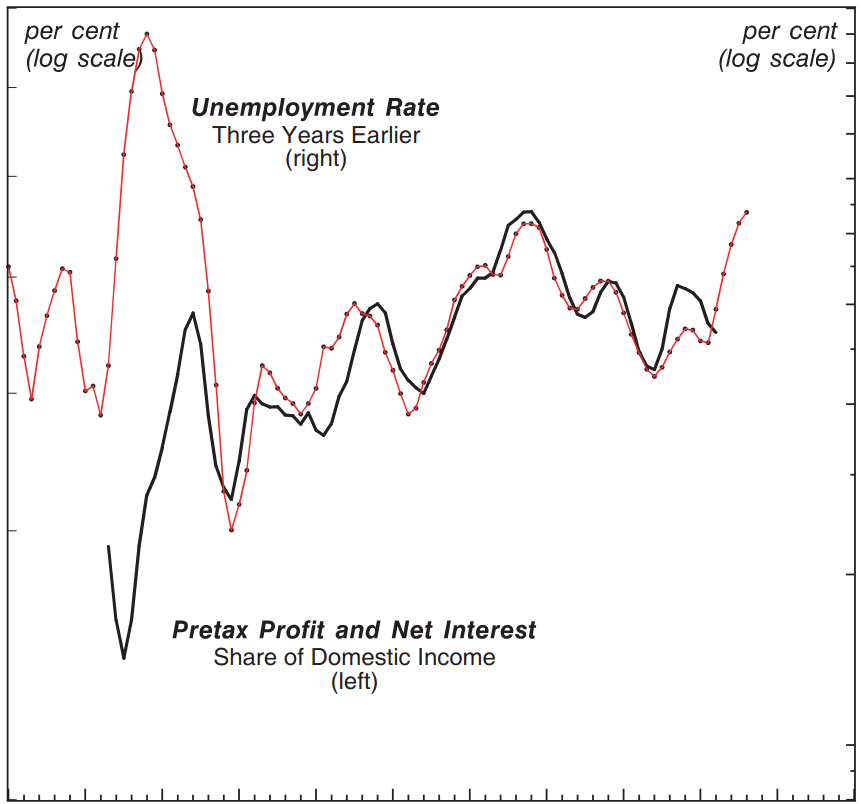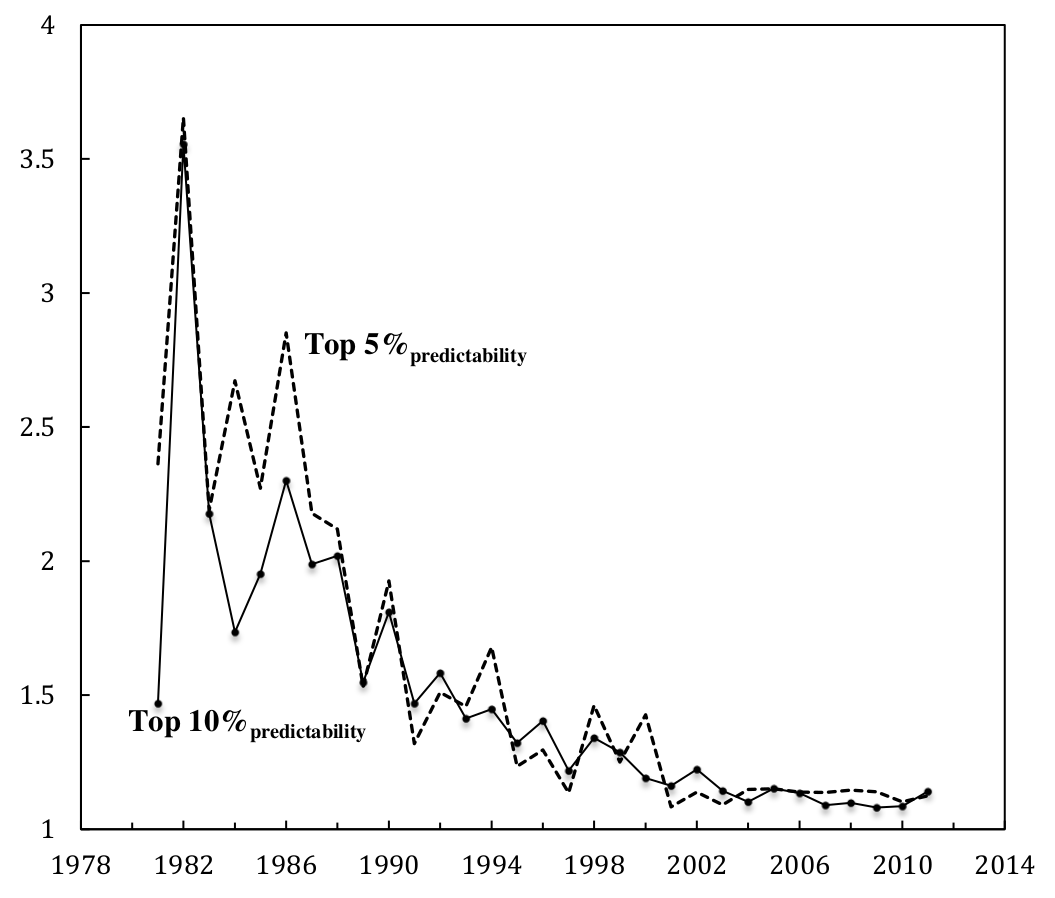Abstract This article offers a power theory of value analysis of Wal-Mart’s contested expansion in the retail business. More specifically, it draws on, and develops, some aspects of the capital as power framework so as to provide the first clear quantitative explication of the company’s power trajectory to date. After rapid growth in the first […]
Continue ReadingThe Weekly Sabotage: Week 6
Tim Di Muzio The Capitalization of Money Creation: The Greatest Sabotage in Human History? Every year in my course on Political Economy in the New Millennium I ask my students to do an exercise. The task is for them to ask three members of their friends or family how money is created. As you can […]
Continue ReadingHow sincere is Mr. Kerry about climate change?
Ilirjan Shehu Speaking to students in Jakarta, Indonesia, US Secretary of State, John Kerry, declared a few days ago that climate change is the world’s “most fearsome” weapon of mass destruction. Likening climate change to terrorism, Kerry stated that “It doesn’t keep us safe if the United States secures its nuclear arsenal while other countries […]
Continue ReadingWhat Should I Read?
James McMahon Over at Heterodox Microeconomics Research Network they have a thorough list of academic publications that are relevant to heterodox theories of capitalism. The list covers the following subjects: History and Methodology of Heterodox Microeconomics Critiques of Mainstream Microeconomics Principles of Heterodox Microeconomic Theory Theory of the Business Enterprise Structure of Production and Costs […]
Continue ReadingUS Department of Justice Increasingly Resorts to “Private” Negotiations
Eric George Since 2012, the U.S Department of Justice has launched a series of private negotiations with Wall Street banks relating to their involvement in the 2008 financial crisis. The DoJ made headlines this November when it struck a record $13b settlement with JP Morgan for allegations of fraud in the sale of mortgage-backed securities. […]
Continue ReadingThe President and the Tech Giants
Sandy Hager In an interesting piece for the Financial Times, Christopher Caldwell assesses Obama’s declaration to ‘go it alone’ in light of the ‘obstructionist Republican agenda’ in the US Congress. In a recent State of the Union address, Obama pledged a year of action, one that would see the president push for major policy reforms […]
Continue ReadingThe Weekly Sabotage: Week 5
Tim Di Muzio The Constitution of the United States of America It is by now fairly clear that the Congress of the United States is a ‘do-nothing’ Congress populated by 268 millionaires (out of 534 lawmakers). The job approval rating, depending on which poll we consider, hovers around 9-14%. This is perhaps hardly surprising given […]
Continue ReadingBichler & Nitzan, ‘No Way Out: Crime, Punishment and the Capitalization of Power’
Abstract The United States is often hailed as the world’s largest ‘free market’. But this ‘free market’ is also the world’s largest penal colony. It holds over seven million adults – roughly five per cent of the labour force – in jail, in prison, on parole and on probation. Is this an anomaly, or does […]
Continue ReadingThe facade of smooth operations
DT Cochrane Toronto’s Pearson Airport was recently thrown into chaos when bad weather forced it to suspend ground operations. For eight hours, hundreds of flights scheduled to land and take-off were unable to do so. Condemnation of the airport authority was swift and harsh. The event revealed two facts about the airport as a productive […]
Continue ReadingThe discipline of capital
DT Cochrane The title of this piece might make readers think of capitalist power over the masses. However, in this case, I’m thinking of how capital serves to discipline the decision-makers of capitalism. A recent Globe & Mail article discussed the desire of Canadian banks to keep the corporate bond market going. The banks serve […]
Continue ReadingBrussels Business – A documentary about dominant capital and sabotage in the EU
Ilirjan Shehu Brussels Business is a documentary about the important role dominant capital has played in the shaping of the European Union from its early days. It explores the secretive activity of big business and lobbying organizations and the role they play in the origination and circulation of ideas and plans for the advancement of […]
Continue ReadingThe Weekly Sabotage: Week 4
Tim Di Muzio Royal Authority and Private Property Last week we considered the concept of ownership though the work of Veblen and Marx. We noted that the establishment and protection of private property involved the dispossession of the many by the few and that this tendency begins with the appropriation of humans (slavery) and land […]
Continue ReadingThe Colour of the Sun: A Metaphor for Methodology?
James McMahon Found this video when browsing Boing Boing. Originally posted by NASA, this video is fascinating. It may also stand as a metaphor for the methodological problems in political economic theory. Consider part of the explanation behind the video: “As the colors sweep around the sun in the movie, viewers should note how different […]
Continue Reading‘Rigging’ the market for fun and profit
DT Cochrane The EU has fined a selection of European and U.S. American banks €1.7 billion for rigging major interest-rate benchmarks. The article notes that the benchmarks – Libor, and the Tokyo and euro area interbank – are used in the pricing of hundreds of trillions of assets. The problem, according to the prosecutors, is […]
Continue ReadingThe Weekly Sabotage: Week 1
Tim Di Muzio Welcome to a weekly investigation into the fascinating world of corporate sabotage where human creativity, cooperation, mutual aid and well-being are all held ransom for the profit and power of dominant owners. Every week this column will explore various aspects of what Veblen called ‘strategic sabotage’. But first, a bit of context. […]
Continue ReadingThe Market Disapproves of Rob Ford
DT Cochrane The market has spoken: it disapproves of Rob Ford. A Bloomberg article notes that Toronto’s borrowing costs have risen relative to those of other Canadian municipalities. The determinants of bond prices are complex. Broadly, they translate the confidence of market participants in the ability of the borrower to service their debt. This is […]
Continue ReadingDiscussion: The Ups and Downs of Empirical Research
DT Cochrane It is exciting to see this website grow. Content is being added here and there, and our Working Paper Series has its first paper. What already stands out on this website, in my opinion, is the strength of the empirical research. With our feet planted in society itself, we have before us a […]
Continue ReadingNo. 2013/01: Bichler & Nitzan, ‘Can Capitalists Afford Recovery?’
Abstract Economic, financial and social commentators from all directions and persuasion are obsessed with the prospect of recovery. The world remains mired in a deep, prolonged crisis, and the key question seems to be how to get out of it. The purpose of our paper is to ask a very different question that few if […]
Continue ReadingNeither here nor there, both here and there
DT Cochrane The media is notoriously short sighted. Its reports on recent events are largely devoid of any historical consideration. This is equally true of market reports. Despite not putting market events into a historical setting, the journalists do not hesitate to offer reasons for the day’s price movements. Usually, some high profile event over […]
Continue ReadingThe Rise of a Confident Hollywood: Risk and the Capitalization of Cinema
The Rise of a Confident Hollywood Risk and the Capitalization of Cinema JAMES MCMAHON February 2013 Abstract This paper investigates the historical development of risk in the Hollywood film business. Using opening theatres as a proxy for future expectations, the paper demonstrates how, from 1981 to 2011, Hollywood has improved its ability to predict the […]
Continue Reading






